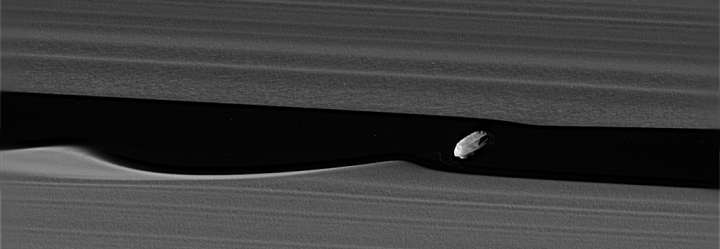As part of their effort to gain control of the executive branch, the new Trump administration has ordered a range of federal agencies to cease all press releases and other forms of public communications.
New restrictions on social media use and interaction with press and lawmakers at the Environmental Protection Agency (EPA) and the departments of Commerce, Health and Human Services, Agriculture and the Interior have sparked concerns of a President Trump-backed effort to silence dissenting views.
The Trump administration’s newly imposed communications rules vary at different agencies. At the EPA, staffers were ordered to stop issuing press releases, blog updates and social media posts, according to a memo to employees. The Agriculture Department’s research arm was reportedly told by its chief of staff to stop issuing news releases, photos and other “public-facing” documents — although the agency disavowed the order late Tuesday, saying that new guidance would replace it.
The new prohibitions come as Trump seeks to reverse many of former President Barack Obama’s policies, which requires the cooperation of a federal workforce that is broadly perceived to be hostile to him.
As is typical for an article written by a mainstream Washington news outlet, the story does whatever it can to take the side of these federal employees, all of whom work for us and for the President. They don’t have a say in this. If they don’t like Trump’s policies, then they can quit and find jobs in some leftwing Democratic political organization, not paid for by tax dollars.That is their right, just as it is Trump’s right to clamp down on their leftwing advocacy.
Or they can be fired, as will likely happen to many managers at the National Park Service, based on the following quotes from the article:
In an apparent act of defiance, the official Twitter account for Badlands National Park in South Dakota on Tuesday afternoon posted information about climate change.
And this:
The moves come after Trump was reportedly infuriated over reporting on the turnout at his inauguration, which included a viral photo comparison showing Friday’s crowd next to the one that attended Obama’s 2009 swearing-in. The tweet was retweeted by the National Park Service (NPS).
In the first case whoever runs the official Twitter National Park service account at Badlands acted in outright defiance of his employer, certain grounds for firing anywhere in the real world. In the second case the Park Service very clearly was pushing a political agenda, something that is none of their business, and also justifiable grounds for dismissal.
Then again, the management at the National Park Service has been working for the Democratic Party and its political goals for years. Firing the entire upper management there would probably be entirely appropriate, even if they didn’t do something defiant at this particular moment.


